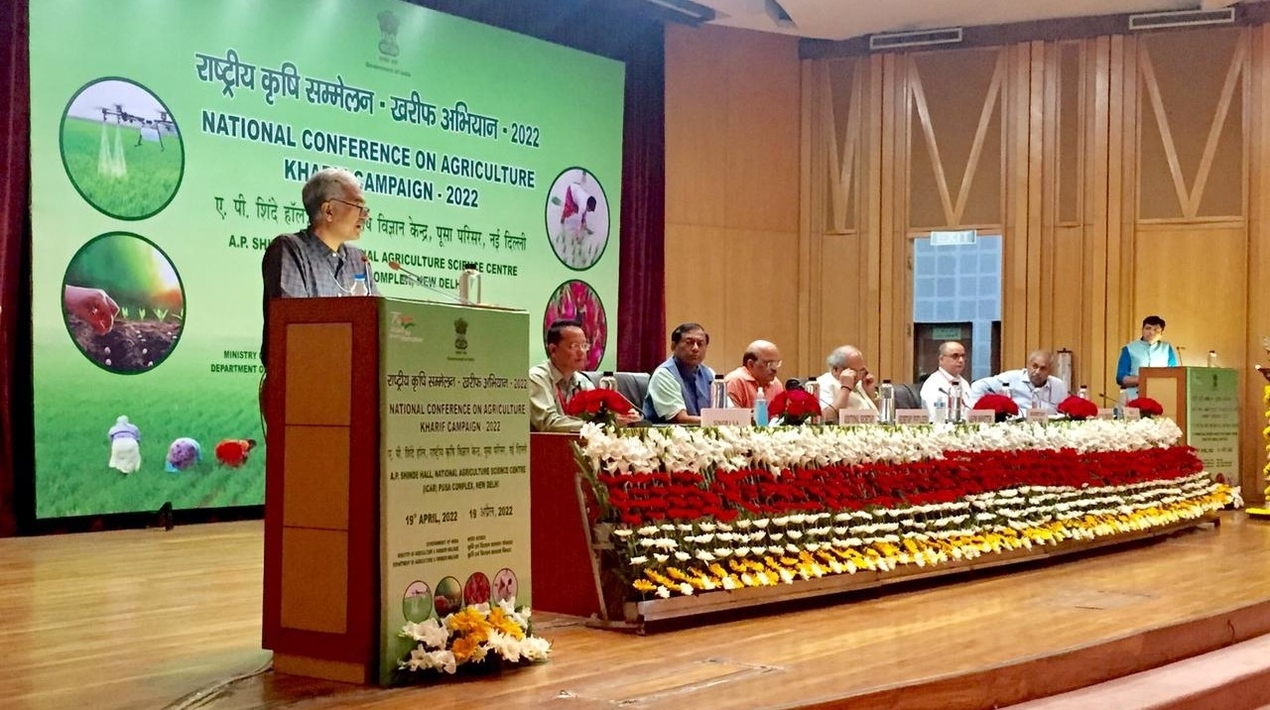
The Minister for Agriculture and Farmers’ Welfare recently unveiled the Computerised Registration of Pesticide (CROP) portal and the Plant Quarantine Management System (PQMS). The projects are steps to digitise agriculture and business and will benefit the country’s farmers, exporters, and industrialists, the Ministry wrote in a press release.
The portals will quicken registration and documentation processes related to the export and import of agricultural commodities and pesticides. It will make integrations with external systems and stakeholders more coordinated and existing online systems more transparent. The PQMS portal is convenient as it requires no physical touchpoints for the applicants. It facilitates e-payments, uploading documents and downloading certificates, online accreditation, and the renewal of treatment agencies and facilities.
The upgraded CROP portal automates pesticide registration processes. It will make transactions more seamless and provide better quality crop protection solutions to farmers across the country. The Department of Agriculture and Farmers Welfare (DAFW) DAFW had collaborated with the Centre for Good Governance (CGG) in Hyderabad for the design, development, and technical support maintenance of PQMS and CROP.
Furthermore, as outlined in the 2022-23 budget, the government is using drone technology, through its Kisan Drone scheme, to assess crops, digitise land records, and spray insecticides and nutrients. High-capacity drones will also be used to carry vegetables, fruits, and other produce to the market directly from the farms. DAFW consulted with stakeholders in the sector to develop standard operating procedures (SOPs) that provide precise instructions for the effective and safe operations of drones.
As part of efforts to make drone technologies reach all farmers, the Ministry granted interim approval for the use of drones to spray nearly all registered pesticide formulations. The application of pesticides using drones will not only make it easier for farmers to efficiently protect plants from pests but will also eventually help in increasing their incomes through reduced input costs, the release claimed.
Apart from drones, India has been deploying tech-enabled farming equipment to increase crop yield and quality. Earlier this week, The Energy and Resources Institute (TERI), in collaboration with the National Institute of Technology (NIT), developed a sensor-based irrigation system for farmers in Goa. The system can be controlled through a mobile application or the web. The sensors can start and stop water motors depending on the moisture value of the soil. This process prevents water erosion and maintains the soil quality throughout the field.
As OpenGov Asia reported, the system is powered by renewable energy resources (solar-powered pumps) to provide clean water to farmers in off-the-grid areas. The technology has saved time, especially for daily wage farmers giving them freedom and flexibility to sell their harvest in the market. Using riverbank filtration (RBF) technology, the system can provide clean water for irrigation.
RBF operates by extracting water from wells located near rivers or lakes. As the river water infiltrates into and passes through the riverbed sediments, contaminants like bacteria and toxic metals are removed by overlapping biological, physical, and chemical processes. Agriculture is the primary source of livelihood for about 58% of India’s population. The share of agriculture and allied sectors in gross value added (GVA) in 2020-21 was 20.2%.
















